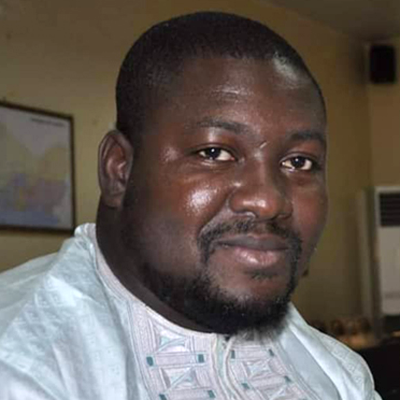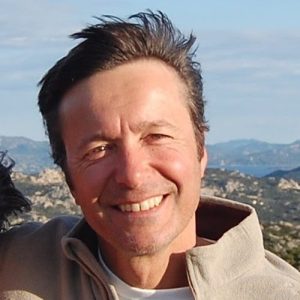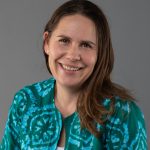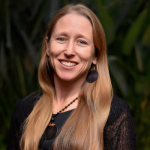Showcasing innovative tools and approaches for successful restoration on the ground
This session brings together key stakeholders to discuss practical steps to implement land restoration with examples from the EU-funded project, Regreening Africa, operating in 8 countries in the Sahel and East Africa. As the UN declared 2021-2030 the ‘decade of ecosystem restoration’, practical examples of where restoration is happening is urgently needed. The session will discuss key approaches such selecting locally relevant options to suit agro-ecological niches, implementing farmer-centered approaches to encourage innovation to meet farmer needs; generating livelihood benefits; and innovative monitoring to track restoration over time. We will discuss policy barriers and how they can be overcome to scale restoration to millions of smallholder farmers and reach global.
Agenda
- Welcome, objectives and pollLeigh Winowiecki, Soil Systems Scientist, Leader, Land Health Decisions, World Agroforestry (CIFOR-ICRAF)
- Land restoration in Africa: Insights from Regreening Africa, a research in development approachprojectMieke Bourne, Programme Manager, Regreening Africa-CIFOR-ICRAF
- Regreening Niger, approach, achievements, and lessons Lessons on restoration in NigerHamed Tchibozo, Regreening Africa Project Coordinator for Niger, World Vision
- Links to EU Green Deal, Great Green Wall Initiative, and future investmentsBernard Crabbe, Head of the environment mainstreaming and circular economy sector, Directorate General, European Commission, International Partnerships
- Interactive discussion moderated by Leigh Winowiecki
- Closing
Related links

























